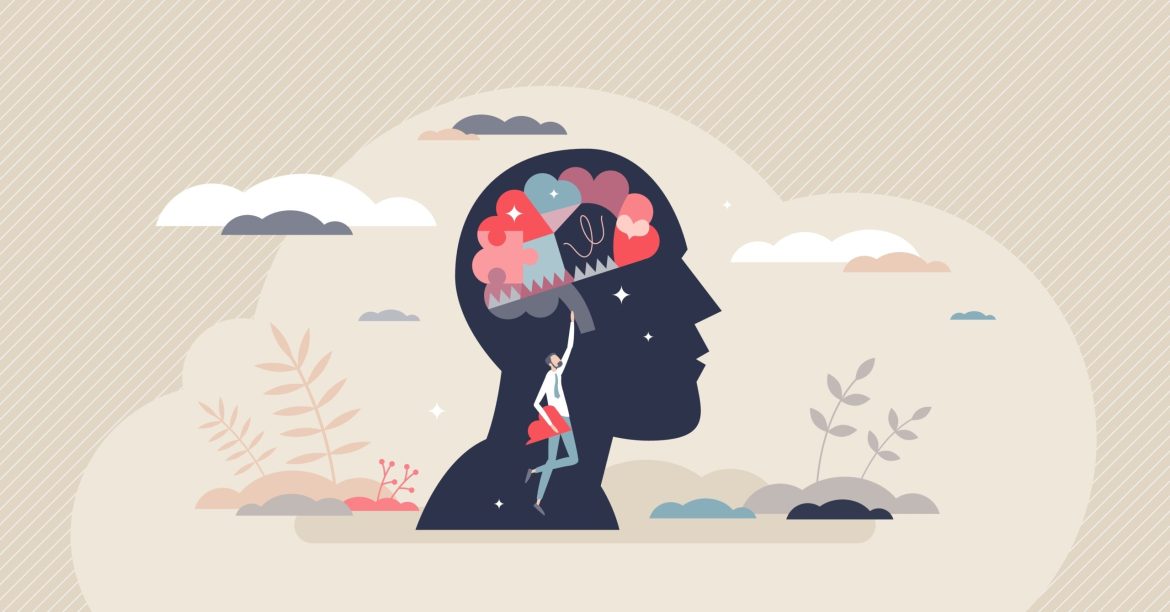Memory is a central aspect of cognition, involving the encoding, storage, and retrieval of information. Psychologists distinguish between short-term memory, which holds limited information temporarily, and long-term memory, which can store vast amounts of information for extended periods. Long-term memory itself is divided into explicit memory, encompassing conscious recollection of facts and events, and implicit memory, which includes unconscious skills and habits. Memory is not infallible; it is susceptible to distortion, forgetting, and reconstruction, reflecting the brain’s adaptive rather than perfect storage system.
Advertisement
Attention is another crucial cognitive process, determining which information receives focus and which is ignored. Selective attention allows individuals to concentrate on relevant stimuli while filtering out distractions. Divided attention enables multitasking, though research shows that human cognitive resources are limited, and performance often suffers when attention is split. Understanding attention has practical implications for workplace productivity, education, and safety in environments that require sustained focus.
Problem-solving and decision-making involve evaluating information, generating options, and choosing appropriate actions. Cognitive psychologists study heuristics—mental shortcuts that simplify decision-making—as well as biases that can lead to errors or irrational judgments. Problem-solving may involve trial-and-error, algorithmic approaches, or insight-based strategies. By studying these processes, psychologists aim to enhance human reasoning, creativity, and adaptive behavior.
Language is both a cognitive tool and a medium for communication. Psychologists investigate how humans acquire language, process syntax and semantics, and use linguistic structures to convey ideas. Language influences thought and social interaction, shaping culture and identity. Cognitive research in this area informs educational methods, speech therapy, and artificial intelligence development.
